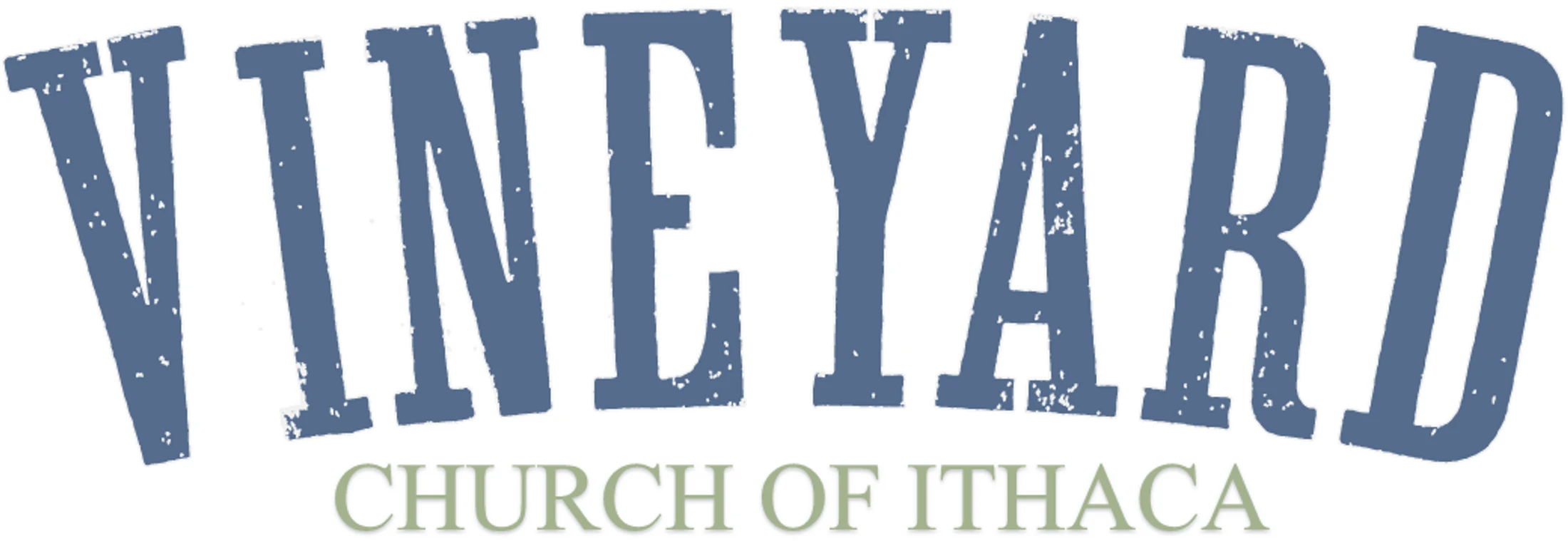Gardening and Harvesting
I became a Christian in the late 70’s as a Junior at Cornell. Christianity was still an accepted part of the culture. Maybe we were in the post-Christian era but the Jesus Movement had been going on in Southern California for a few years and lots of young people were being saved. Most people still accepted heaven, hell, God and knew the basics of the Christian story.
Fast forward 40 years and we’ve gone from a post-Christian culture to what is quickly becoming an anti-Christian one.The hostility isn’t just against you sharing your faith. It is against the biblical world view, the biblical view of truth and reality. We breezed by what marriage means. Now we don’t agree on what it means to be human. What it means to be male or female.
The science and the academy have declared there is no God and are rewriting everything from that point of view. Bear in mind that science and education don’t actually write anything. Scientists and professors do the writing. Supposedly based on the data, the facts. Data that must be interpreted through some predetermined rules of engagement, of logic, math and yes, morality. Rules that now exclude a god (any god) to the point where the assumptions are less likely and more problematic than accepting some form of supernatural involvement. As William Geisler and Frank Turek have put it “I don’t have enough faith to be an atheist”.
So how does this relate to gardening? In Matthew 13 Jesus tells a parable, a relatable story with a God centered meaning. A farmer is sowing seed. Some falls on the path or along the road and birds come and take it. Later Jesus explains that this seed is His message of the kingdom of God. “When anyone hears the word of the kingdom, and does not understand it, the evil one comes and snatches away what has been sown in his heart. This is the one on whom seed was sown beside the road” (Matt. 13:19).
Other seed falls on good soil where it grows and produces a crop. “The one on whom seed was sown on the good soil, this is the man who hears the word and understands it; who indeed bears fruit and brings forth, some a hundredfold, some sixty, and some thirty” (Matt. 13:23). This group understands the message, accept it and pass it on.
Paul encourages us to make the most of every opportunity. That doesn’t mean we have to get a commitment to Christ, a confession of faith, harvest fruit. It means we plant a seed in a way that is understandable. Maybe the seed was planted by someone else and we do some watering. Paul wrote to the church at Corinth regarding his task, “I planted the seed, Apollos watered it, but God has been making it grow.” (1 Corinthians 3:6) People came to believe through their gardening, planting and watering.
Greg Koukl, author of “Tactics”[1] writes: “Fruitful harvest, in other words, is always dependent on diligent spadework: sowing, watering, weeding, nurturing.” [2]
Jesus reflects this idea in John 4 where he tells his disciples “They (the fields) are ripe for harvest. Even now the one who reaps draws a wage and harvests a crop for eternal life, so that the sower and the reaper may be glad together. Thus the saying ‘One sows and another reaps’ is true. I sent you to reap what you have not worked for. Others have done the hard work, and you have reaped the benefits of their labor.” (John 4:35-38)
Two points here. One, it takes time, one sows and another reaps. There is time and work in between. Secondly, one harvests but others have done the hard work in the field! They planted, watered, weeded, chased the crows away, whatever. Eventually someone reaps the harvest and enjoys the benefit of all that work.
So the next time your in a place of feeling like you must “close the deal” ask God what He’s doing. Ask what He wants from you today. Is this the growing season or the season for harvesting? Are you to be a gardener or harvester today?
A couple of catch phrases I’ve heard over the years include that can reduce your stress: “We aren’t called to bring people to Christ. We are called to bring Christ to people.” “Make a friend, be a friend, bring a friend to Christ.”
Make your faith Understandable Relational Relax, God grants the increase.
BTW you’ll possibly run into people who will argue against your God, or any God. It’s okay. It might mean you need to learn more about God, the nature of things and about the claims Jesus made about Himself.
Books such as “Tactics”, “I don’t have enough faith to be an Atheist” and “Cold-case Christianity” can help you feel more confident with what you believe and how you can express it.
Mike Heisler
[1] Gregory Koukl, Tactics—A Game Plan for Discussing Your Christian Convictions, 10th Anniversary Edition, (Grand Rapids, MI: Zondervan, 2019)
[2] Greg Koukl, PUBLISHED, Wed, 01/01/2020 - 00:00 https://www.str.org/SolidGroundJan2020-harvester-or-gardener#.Xg31wxdKgWp
